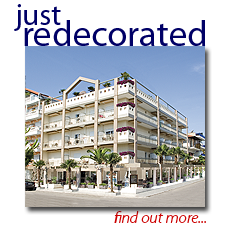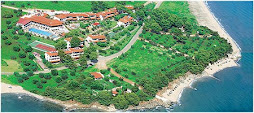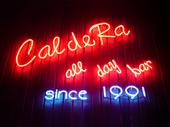
Greek nature - Ecotourism
Notwithstanding its limited surface area, Greece is endowed with a particularly rich and diversified natural environment as a result of a rare geomorphology, with many striking natural contrasts and areas of great ecological value. The country’s abundant natural gifts –thousands of indented coasts, imposing rocky massifs, caves, gorges, lakes, rivers, biotopes of spectacular beauty and unique natural habitats– coupled with the mild
climate, place it among the ideal destinations for ecotourism and alternative forms of tourism.
When travelling in Greece, nature-loving tourists are offered the opportunity to:
- to wander in aesthetic forests or explore national parks not merely in the mountainous regions of the mainland, but also on certain islands or in the proximity of rivers and lakes
- to enjoy the wonderful natural monuments, gorges, caves and waterfalls.
- to watch and admire rare bird species nesting or seeking refuge in coastal ecosystems and wetlands (rocky coasts, sandy beaches, sand dunes, river deltas, lakes, marshes, coastal plains, etc)
- to study the highly diverse floral life of the Greek countryside
- to visit the unique marine parks supported near the islands of Alonissos and Zakynthos, which provide shelter to two protected species, the Mediterranean monk seal (Monachus-Monachus) and the Mediterranean green loggerhead turtle (Caretta caretta) respectively.
- to engage in extreme sports (canoe-kayak, rafting, monoraft, hydrospeed, canyoning, mountain biking, etc), activities which have seen a spectacular rise in popularity in recent years
- to stay in
agrotourist units which are being developed all over the country and afford visitors the opportunity to become familiar with vernacular architecture, cultural and gastronomic tradition, local products, farming activities and the daily life of local inhabitants.
Visitors of ecologically sensitive areas must observe all rules for the protection of the environment against pollution, the non-disturbance of natural habitats and the preservation of the various ecosystems’ equilibrium. Information on visiting protected areas and participating in special programs can be obtained from local information centres, local authorities, and specialised agencies

































